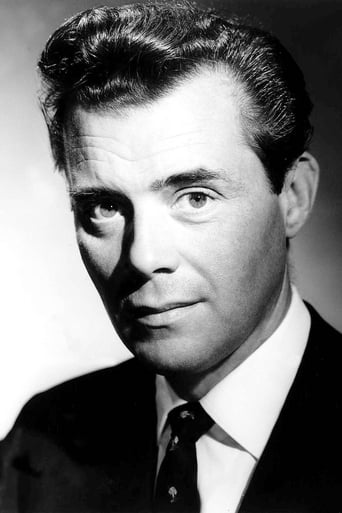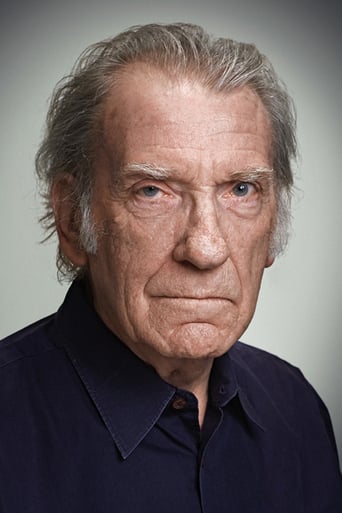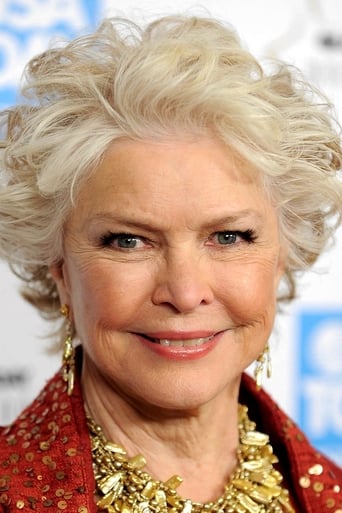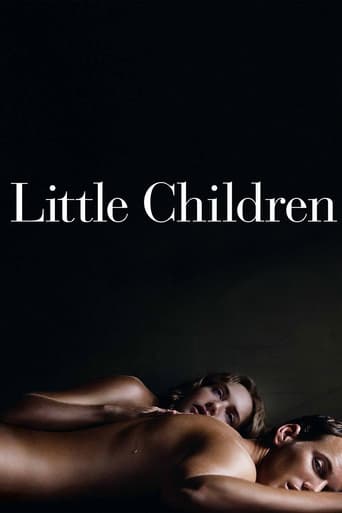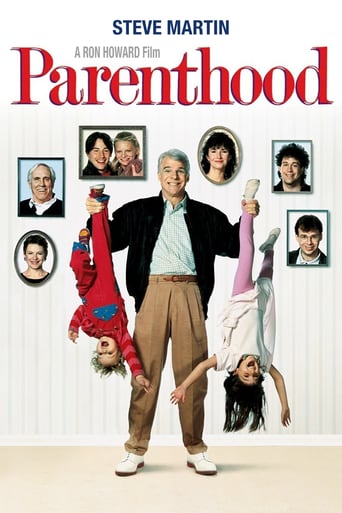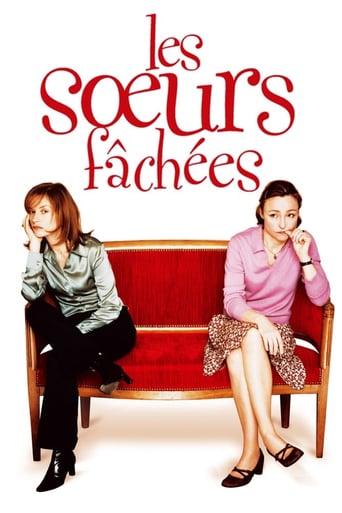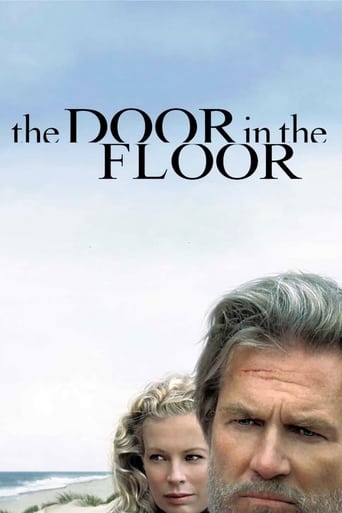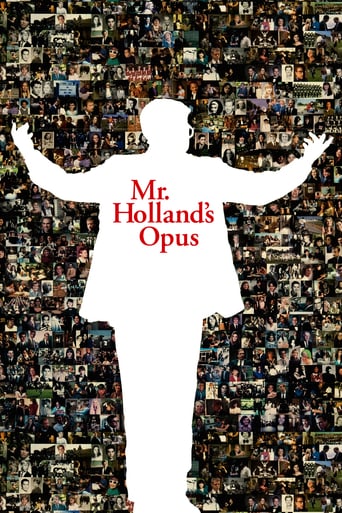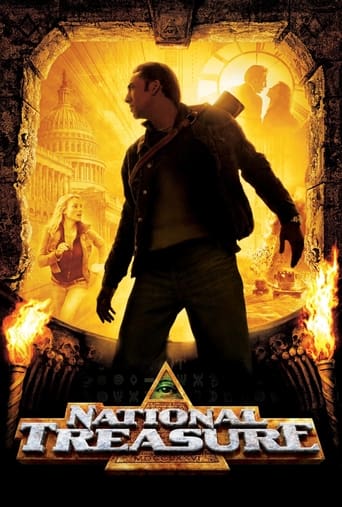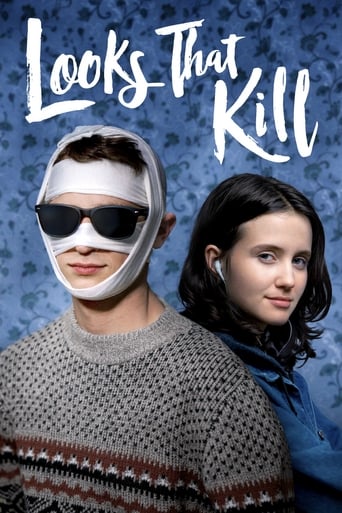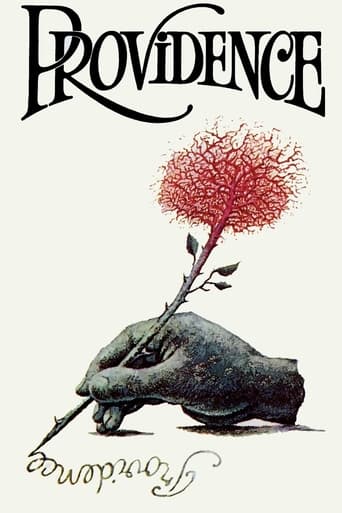

Providence (1977)
On the eve of his 78th birthday, the ailing, alcoholic writer Clive Langham spends a painful and sleepless night mentally composing and recomposing scenes for a novel in which characters based on his own family are shaped by his fantasies and memories, alongside his caustic commentary on their behaviour.
Watch Trailer
Cast


Similar titles
Reviews
Wow! Such a good movie.
Fun premise, good actors, bad writing. This film seemed to have potential at the beginning but it quickly devolves into a trite action film. Ultimately it's very boring.
After playing with our expectations, this turns out to be a very different sort of film.
Exactly the movie you think it is, but not the movie you want it to be.
Synopsis for Providence by Pierre GautardCLIVE Langham (played by John Gielguld) is an old writer with health problems who still enjoys the gifts of life, as his gusto of his daily white wine. He is a storyteller and he tells us of his family, especially of his sons. He has two sons: one is CLAUDE Langham, the official one, a successful lawyer (played by Dirk Bogarde), the other KEVIN Langham or Kevin Woodford (played by David Warner) his illegitimate son, remembrance of some past relationship he is not sure of.But the way CLIVE, the author, changes several times in his storytelling the behaviors of his siblings makes us gradually suspect they are only characters in his story, the creatures of his writer's increasingly intoxicated imagination, products of his writer's block, his hopes, his hesitations or angst, his findings, and finally tells us of the joys, humor and suffering of the whole creating process in writing a novel. Nevertheless CLIVE has to comply to one of the very few rules of dramatic writing which states there is no story without conflicts, and therefore feels compelled to give his characters antagonism, some educated aggressiveness, and the more often than sometimes sex-obsessed image of cynical people entangled in their neurotic denials with uneven bravados on the surface, the whole story being spiced with insistence and English humor. In his storytelling, CLIVE acts as master of the world, but when his characters resist his demiurgic wanton caprices and vagaries, he complains they give him a hectic time and he rants it's them who build up his anger against them, so he is the one who has to change them.This is how, sometimes, after being told once, a scene turns out to be only a draft and has to be replayed with a difference. So we see it again, as CLIVE finds other behaviors and other dialogs over the same characters predicaments and commitments, that would fit his scheme and demiurgic pleasure. The same can happen to a prop, a background, a door, a passing extra. They can be altered, displaced, transformed, appear or disappear on sight, as the mood of the characters or the scene changes, or as CLIVE's whims meddle in.As CLIVE's point of view is preeminent in the storytelling, Alain RESNAIS brilliantly stages CLIVE's complex behavior by using different parts of the house in different ways. The BEDROOM from which CLIVE speaks can be said to be his SELF with both CLIVE's doubts and certainties over his work. The back of the house, its BACK TERRACE, where most of the strange changes occur, is undoubtedly his SUBCONSCIOUS, his backstage, subject to CLIVEs fantasy, to his fancies and whims, and logic uncommon. But the FRONT of the house brings us back to REALITY and will cloture the story. This is where, IN REALITY, his family finally arrives for his birthday, and CLIVE welcomes them on the FRONT lawn for lunch. They are perfectly normal and even quite sympathetic people, getting along with each other, and not the embittered, devious players CLIVE described earlier in his story. Peace at last.After all, this is a secret comedy about life, all in the way it is told - and John Gielguld's best experience as he stated it.
Stunninngly edited, beautifully photographed and featuring a rich soundtrack, esteemed French director Alain Resnais' first English language film combines some of the hoopiest dialog you've ever heard with an elegantly fragmented film style. Set inside the mind of a terminally ill writer played by John Gielgud, Providence is essentially a trivial and talky domestic drama set against a background of war as composed by the dying Gielgud using his family as prototypes for his characters. David Mercer's pretentious, literate dialog is a mixture of Harold Pinter and Noel Coward, and the actors, particularly Ellen Burstyn, perform with a miscalculated earnestness that makes them, like the film, seem downright silly. Nonetheless, Dirk Bogarde is dryly effective, and Gielgud's narration is entertaining. Gielgud was named Best Actor by the New York Film Critics Circle. With an old-fashioned, bombastic score by Milkos Rosa, allusions to werewolves, a graphic autopsy scene, allegorical overtones, and the occasional bomb going off in the background, Providence is a curio that's worth watching, but shouldn't be taken anymore seriously than say Ken Russell's Crimes of Passion(84). A critics' darling, and master of film technique, Resnais has never been a favorite of mine, though his classic non-fiction short, Night and Fog(58), is a beautiful elegiac poem and Last Year at Marienbad(62) is an intriguing enigma. The NY Times review referred to Providence as Alain Resnais' "disastrously ill-chosen comedy". Watch it for Gielgud, Resnais' chic, and laughs.
Since so many good comments have been written here, mostly on the psychological side of the characters, and they are all excellent, I decided to comment upon a very present entity and that is WINE.Notice that, until the last scene, everybody drinks white, mostly CHABLIS, an acid one. But on that last scene Resnais shifts to RED. It is no accident, it has in my modest opinion, a way that illustrates a very fundamental change in the feelings that occurred in that lunch.Criticism and over-analysis, ever present till that event, give way to peaceful acceptance of the characters by the father, Without hypocrite sensibility, that he refuses, but with warmth and tolerance.Well, I do believe, by some 55 years of experience, that white wine (dry, European style) makes one restless and sometimes bitter.Red wine makes one more relaxed and happy.I do not know which kind of wine Resnais prefers, but since he is a Breton I would not be surprised, that it is WHITE. Maybe that is the reason why His movies are so difficult to decode. They are also some of the most magnificent works of cinematic art..
Providence is not an intellectual or artsy film, in the usual meaning of the word 'intellectual'. Is more a literary movie that experiments with the idea of an author, who is not only a novelist, but a playful and cynic god. In this sense, Providence is reminiscence of an idea exposed by the great Spanish writer and thinker Miguel de Unamuno in his novel Niebla: the author can play God inside the world of his creations, make fun of his characters worries, reactions and words.In Unamuno's novel, the idea is exposed with undeniable clarity. In Providence is far more complex, because there are also more psychology, absurdity and surrealism. Viewers can find a sarcastic but profound treatment of problems like adultery, Oedipus Complex, family hatred, social classes, pessimism and murder.But, in my opinion, Providence is a great film, not by Resnais pompous direction or by the much complicated literary ideas exposed in the story: this film contains one of Dirk Bogarde's and John Gielgud's best performances ever. Bogarde, the master of extreme elegance and excessive but charming mannerism, and Gielgud, with his mastery in giving words an independent life -as Derek Jacobi does-, bring humor and irony to this very pretentious work of Resnais.


